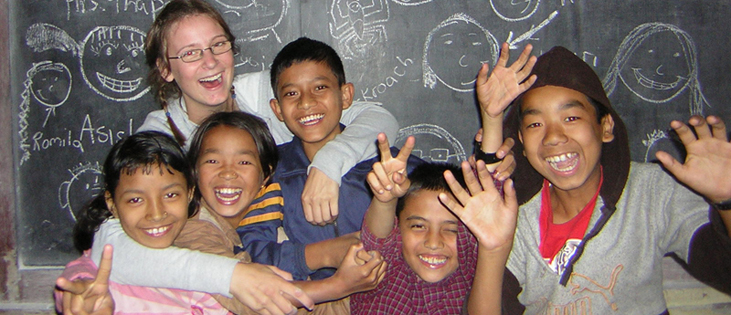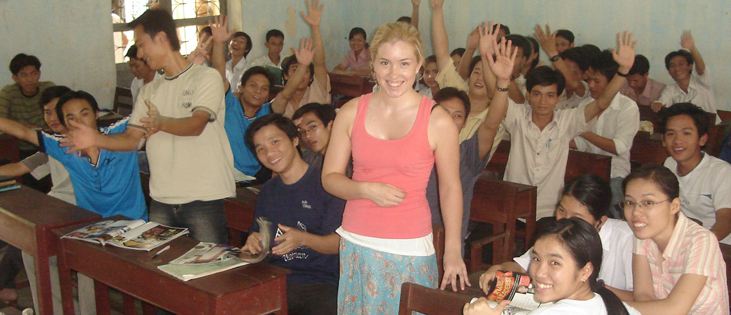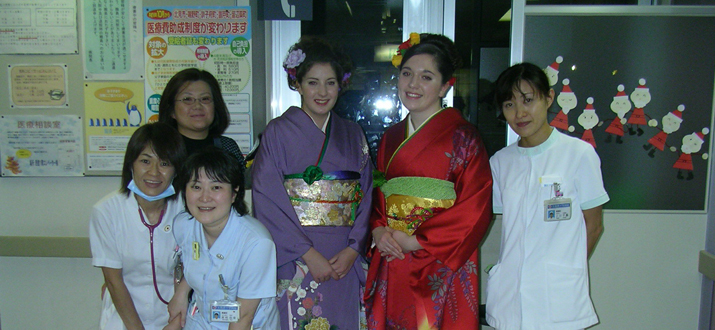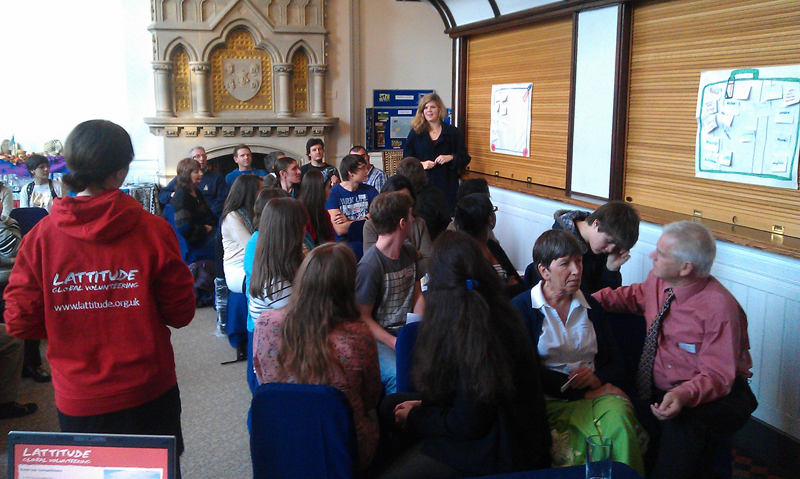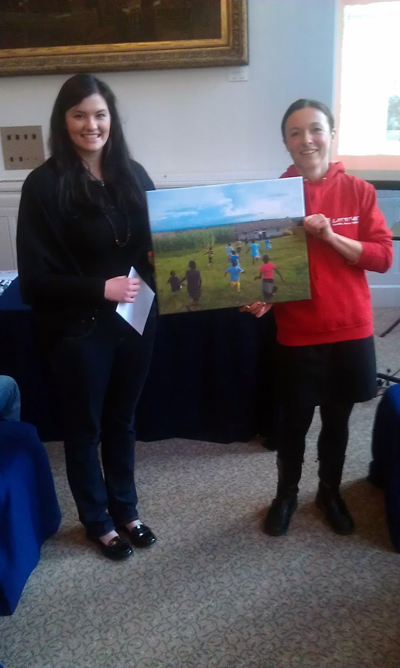Hey, I’m Sarah-Louise Matthews and il be telling the story of my lattitude global volunteering experience from start to finish. First of all I’m 21 years old from the Isle of Man and I’m a fully qualified hairdresser, I’ve been working in my current salon for nearly 5 years now. As much as my little island life is just perfect, I can’t help but want to go away and experience something completely different. Charity work has always been something that’s appealed to me. So when I found LGV I thought it couldn’t be more perfect, helping others and seeing the world was exactly what I was looking for. I originally applied for LGV early 2011, though only weeks later I felt I wasn’t quite ready so decided to not go ahead with the interview. Throughout the whole year of 2011 I was constantly looking back at the LGV website so decided in the new year of 2012 to reapply, this time I was definitely ready. Pretty much straight after my application went through, I got a phone call from Sarah who was great and gave me a much more detailed insight on each and every one of my placement choices, after a long chat we both decided an Indigenous boarding school in Australia was best suited to me. After a few more phone interviews at the end of September i was really happy to find out I had been accepted for a placement at Djarragun College in far North Queensland. I couldn’t of been happier with the choice as I found the Djarragun College website earlier on in the year and I was instantly drawn to it.
I am now a year on from my official application, just going into my final week of being at home. I have waited for this for 2 years so I am extremely excited. I’m all packed and ready to go, only thing left now is my goodbyes which I’m not particularly looking forward to but with the extent of high tech communication these days, your never too far away ![]() x
x
